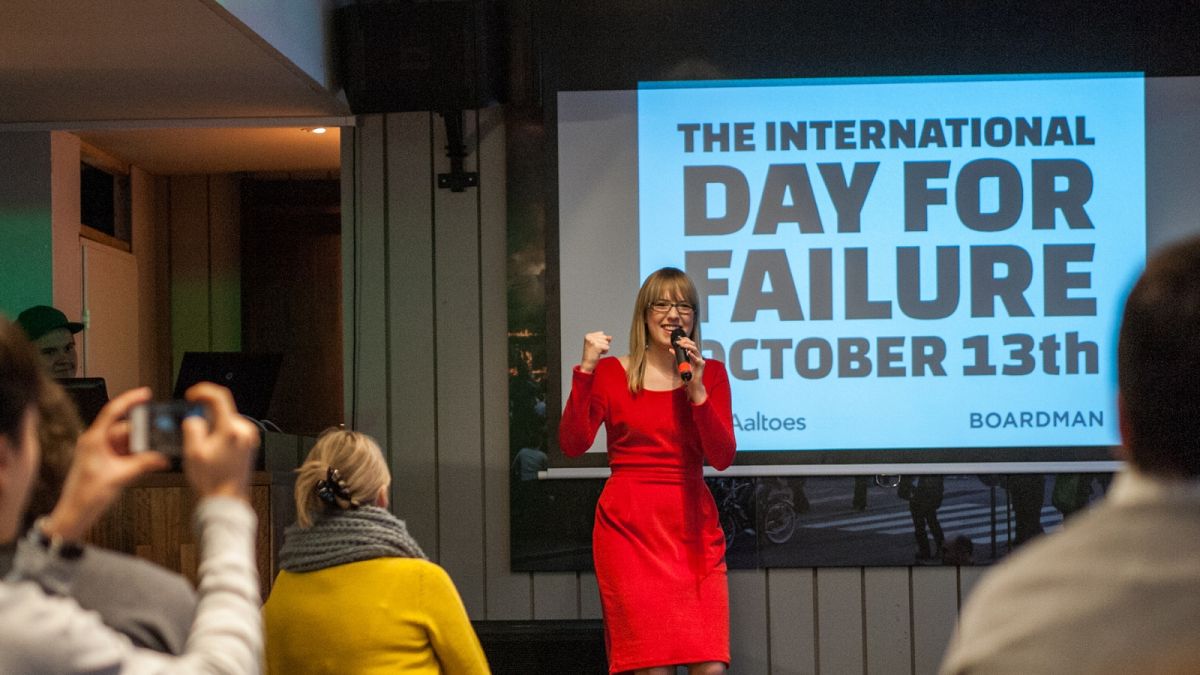Finland is now home to more than 3,800 startups, with a combined enterprise value of €48.2 billion last year alone.
In the world of startup business culture, it's okay to fail.
In Finland those business disasters and workplace blunders are celebrated each year on 13 October with 'Failure Day'.
The concept was first established at Finland's Aalto University in 2010, when members of the entrepreneur society realised that startup companies would never succeed unless the founders acknowledged their past failures - and in Finnish culture, the fear of failure had discouraged many people from striking out on their own as entrepreneurs in the first place.
"We are promoting entrepreneurship and especially encouraging young people to build something, so in that sense it is a good thing to promote failure and to destigmatise it" explains Niklas Hamberg, a 20-year-old student at Aalto University and President of the entrepreneurship society Aaltoes.
"In the past in Finland, it has been a really big taboo in the sense that nobody wants to talk about failure," he tells Euronews. "In the US the culture is different, you have world-class entrepreneurs who are open about their failures, and people are not taking seriously if they have not failed."
Finland has seen a huge boom in startups over the last 15 years, and is now home to more than 3,800 startups, with a combined enterprise value of €48.2 billion in 2022, according to the dealroom website. The startup sector now provides almost 30,000 jobs in Finland.
The capital city region in particular has seen a vigorous expansion in startup ecosystems with entrepreneur hubs, ideas incubators like Startup Sauna, and co-working spaces for entrepreneurs springing up; and there's financial help too from the government for promising startups with the potential to scale-up internationally.
In the last decade, overall investment in Finnish startups has grown from €186 million in 2013 to €1.79 billion in 2022.
"If you want to do something on a big scale it is likely you will fail along the way if you don't get caught up in your failures," says Niklas Hamberg, who ran his first e-commerce store selling second hand clothes while still at high school in Espoo, Finland's second largest city"
"Failure and mistakes are not the same thing. Failure just means something turned out wrong and it didn't go as planned, and now you learned from it," he adds.
While Finland's entrepreneurs may have embraced the idea of failure, Niklas Hamberg says that there is still a lot of work to be done, especially in larger companies, to accept the idea that failure is normal.
"For a small startup to fail it won't even be a big headline, but at a bigger company it will be headline news, so they are more conservative and careful around failure and celebrating it."



